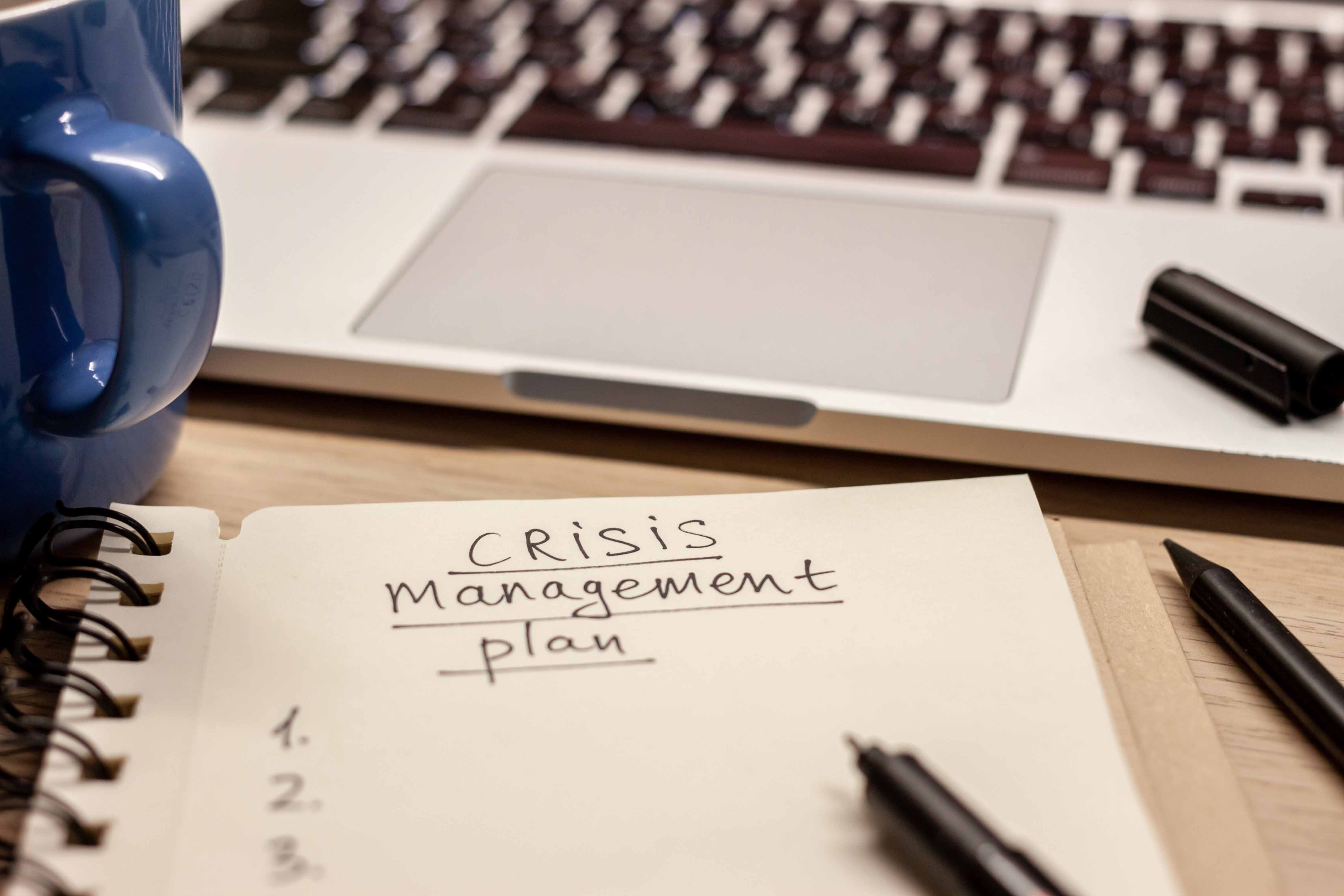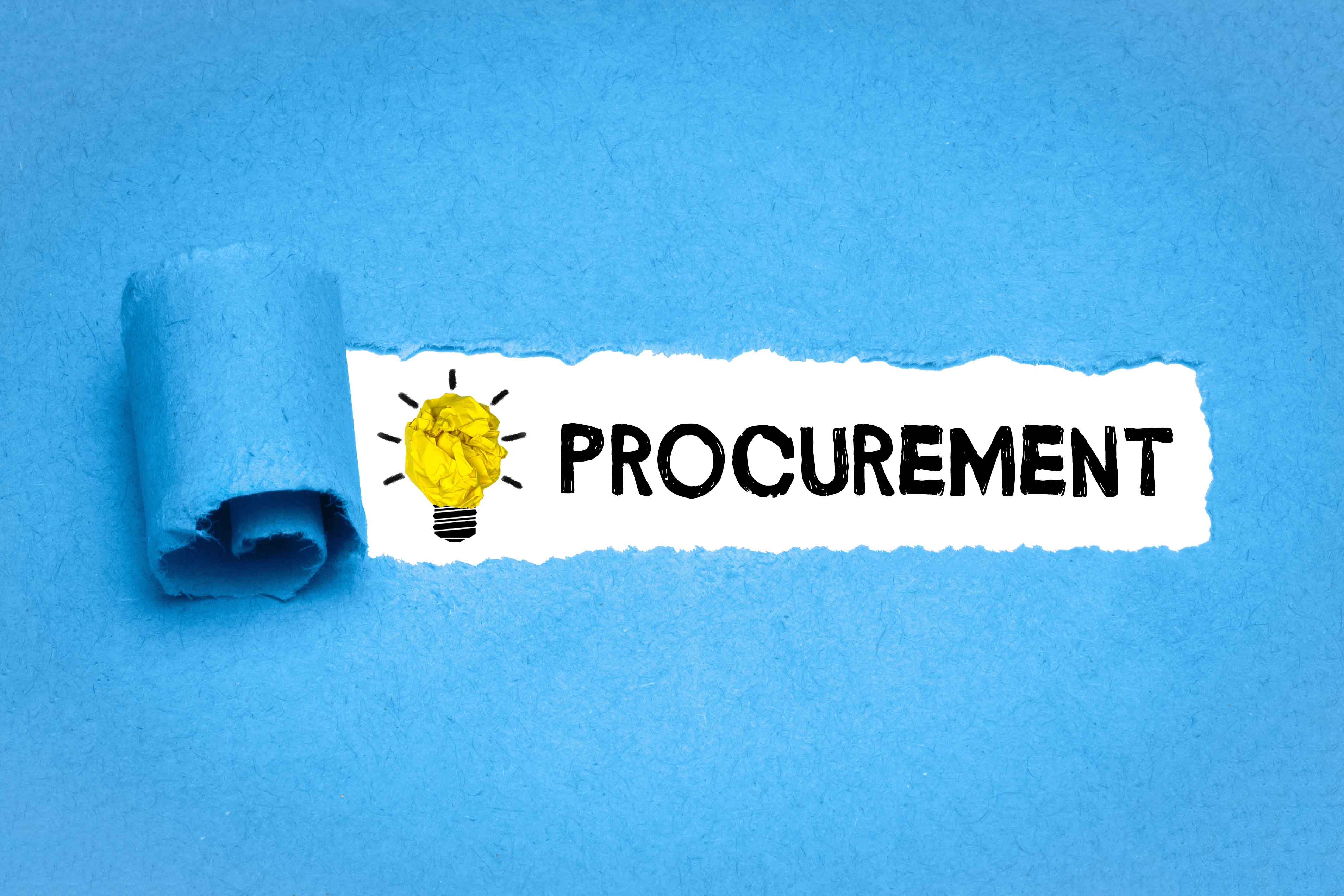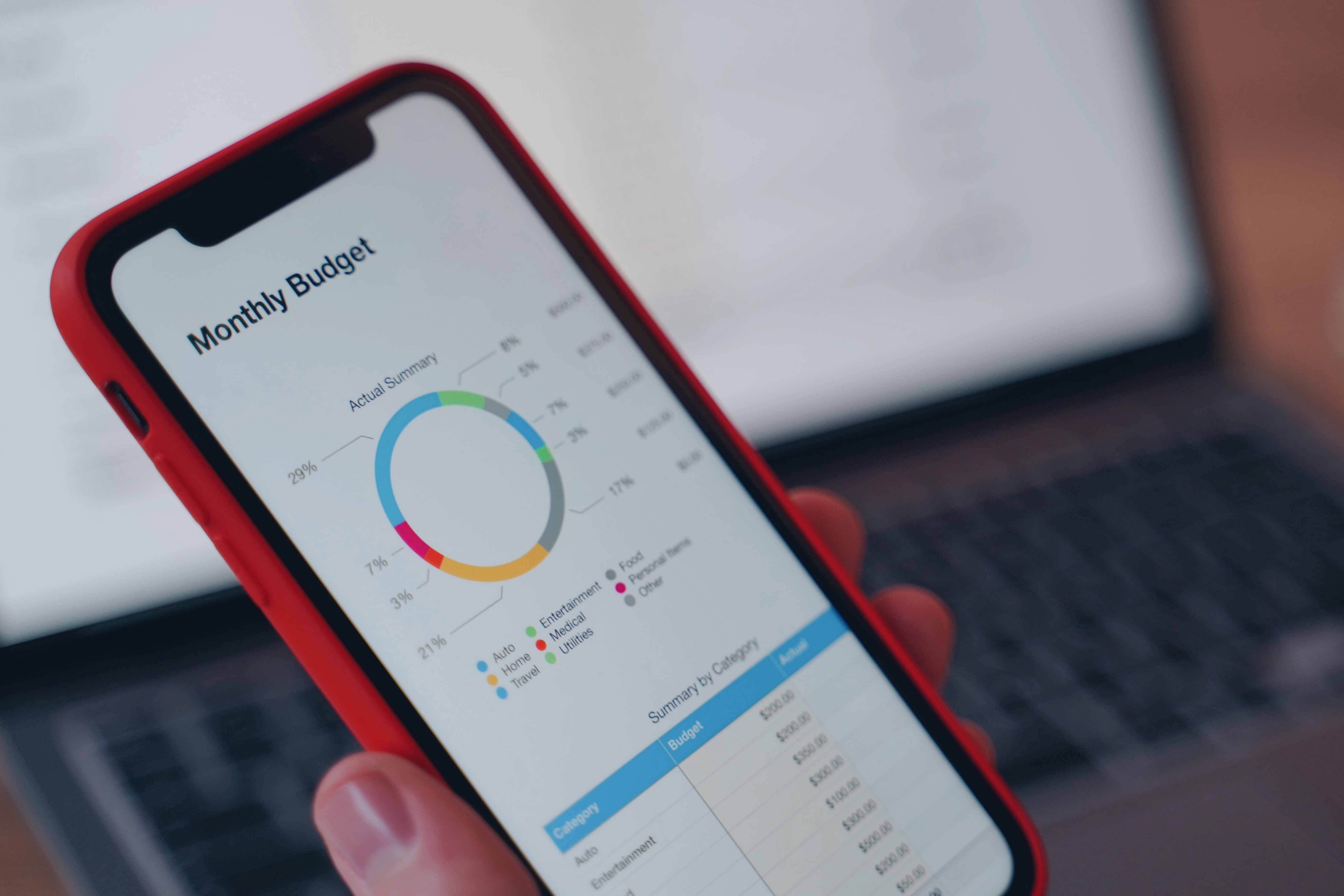Confused about the various customs and exports procedures? Below we have listed 5 points to review that will help you.
Each country has its own rules and regulations in regards to Import and export. It is recommended to contact the government of the country you intend to import or export from for further information.
Some people have found it helpful to understand the role of customs by attending Customs Training Courses and Custom Clearing and Forwarding Courses.
-
Import and Export Procedures, prohibitions and restrictions
It is vital you do your research before you embark on your Import/Export journey. Each country has its own procedures, prohibitions and restrictions you must apply and follow.
When asked, many people have said Import Export Course has helped them gain more knowledge and understanding in regards to procedures, prohibitions and restrictions and would recommend it to others.
It is vital to stress the importance of having the correct documentations. Correct completion and use of all the required trade documents is essential to successful exporting and importing.
Some documents are specified as required by the commercial contract, and others may be required during transportation or to meet government requirements. All of these documents must be completed correctly and consistently in order to ensure that the goods are not delayed, because of incorrect or inadequate paperwork, and that payments are promptly and properly made. Institutions offering trade finance will often want to see documents that relate to legal as well as contract requirements.
It is helpful and useful to do a Customs Training Course to help you in understanding further.
In most countries, imports need to be declared, i.e. a description, quantity and value of the imported goods have to be provided to local customs authorities so that duties and taxes can be assessed.
Import duty is a tax that the importer has to pay to bring foreign goods into his or her country. Import duty is also known as customs duty, tariff, or import tariff.
To help understand this further and in detail it is recommended to attend Custom Clearing and Forwarding Course.
Contact London Training for Excellence for information on courses to advance your skills and knowledge in the business world. We offer a wide range of training courses in London for organisations and individuals.
Are you looking for an import export course? Find out more about our Customs training course.
All Courses
 Business Administration
Business Administration
 Chemical Engineering
Chemical Engineering
 Communications and Public Relations (PR)
Communications and Public Relations (PR)
 Compliance and Legal
Compliance and Legal
 Contract and Project Management
Contract and Project Management
 Customer Experience and Relationship Management
Customer Experience and Relationship Management
 Energy and Sustainability
Energy and Sustainability
 Finance and Accounting
Finance and Accounting
 Health, Safety and Environment
Health, Safety and Environment
 Human Resources and Talent Development
Human Resources and Talent Development
 Industrial Manufacturing and Production
Industrial Manufacturing and Production
 Innovation and Artificial Intelligence (AI)
Innovation and Artificial Intelligence (AI)
 Leadership and Management
Leadership and Management
 Oil and Gas
Oil and Gas
 Procurement & Supply Chain Management
Procurement & Supply Chain Management
 Quality and Productivity
Quality and Productivity
 Retail and E- Commerce
Retail and E- Commerce
 Sales and Marketing
Sales and Marketing
 Strategy and Business Planning
Strategy and Business Planning
 Sustainability and CSR
Sustainability and CSR
Learning Solutions
iLearn Blog
About Us
 Directory Calendar
Directory Calendar
 Contact Us
Contact Us
All Courses
 Business Administration
Business Administration
 Chemical Engineering
Chemical Engineering
 Communications and Public Relations (PR)
Communications and Public Relations (PR)
 Compliance and Legal
Compliance and Legal
 Contract and Project Management
Contract and Project Management
 Customer Experience and Relationship Management
Customer Experience and Relationship Management
 Energy and Sustainability
Energy and Sustainability
 Finance and Accounting
Finance and Accounting
 Health, Safety and Environment
Health, Safety and Environment
 Human Resources and Talent Development
Human Resources and Talent Development
 Industrial Manufacturing and Production
Industrial Manufacturing and Production
 Innovation and Artificial Intelligence (AI)
Innovation and Artificial Intelligence (AI)
 Leadership and Management
Leadership and Management
 Oil and Gas
Oil and Gas
 Procurement & Supply Chain Management
Procurement & Supply Chain Management
 Quality and Productivity
Quality and Productivity
 Retail and E- Commerce
Retail and E- Commerce
 Sales and Marketing
Sales and Marketing
 Strategy and Business Planning
Strategy and Business Planning
 Sustainability and CSR
Sustainability and CSR
Learning Solutions
iLearn Blog
About Us
 Directory Calendar
Directory Calendar
Contact Us













































 Course Venue
Course Venue